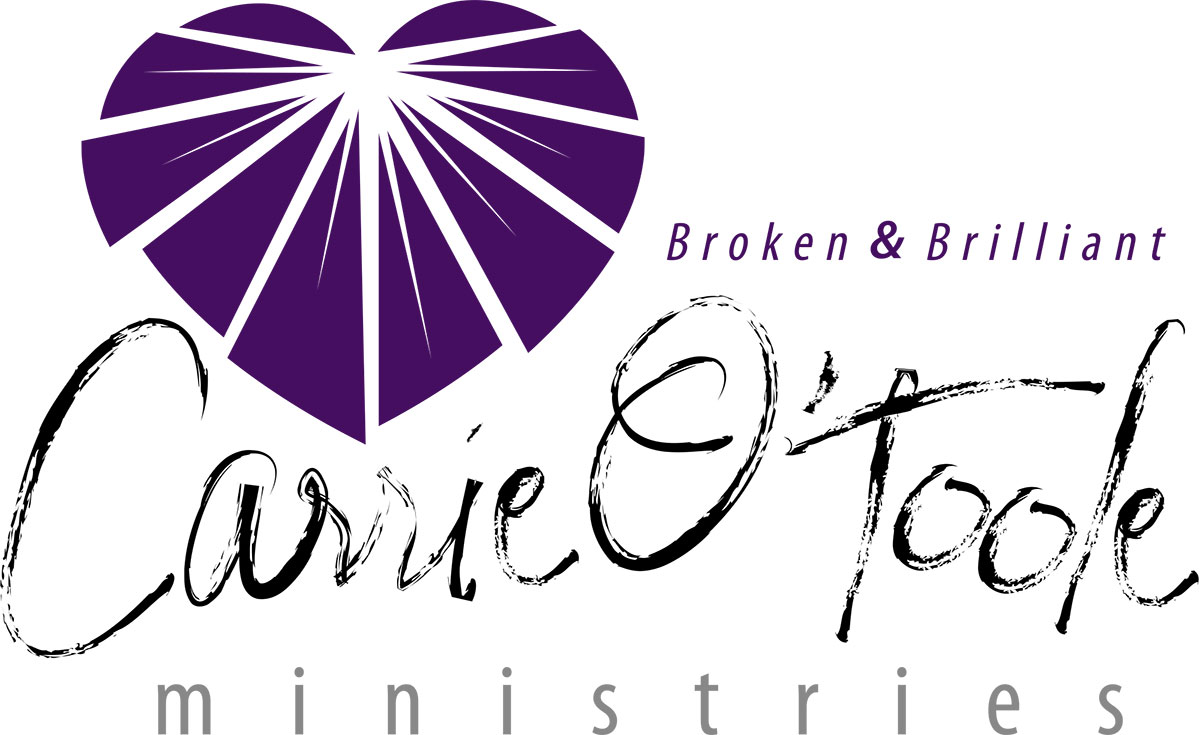
Trauma parenting is NOT like riding a bicycle
“It’s just like riding a bicycle!” If you learned to ride a bike when you were a child, chances are you still know how to ride a bike. Once you learn it, your brain doesn’t forget.
Parenting may feel very intuitive to some people. Maybe they had good parenting modeled to them, and they instinctively know what to do. We all know parenting is difficult with even the best children. They are unique human individuals, after all!
What happens when you take someone who’s a pretty good parent, and bring a traumatized child into the family? It’s a lot like trying to learn to ride a bicycle backwards! Check out this YouTube video of a guy who learned to ride a bike that had been engineered backwards. I saw this video for the first time at a training for crisis responders, to help us understand just how difficult it is for people who have experienced trauma to overcome the lasting effects. Trauma changes brains. Those who have been traumatized know the challenges they face daily.
This video may give us empathy and compassion for the struggles our children have to overcome. It took this man 8 months to learn to ride the backwards bicycle! Imagine how long it may take our children to overcome their trauma.
I coach parents struggling to raise traumatized children. These amazing people are having to learn how to parent backwards! Everything they know to be true, isn’t. Their instincts don’t work with these children. They are not giving 5 minutes a day for 8 weeks to learn how to parent differently, they are thrown in the mix 24/7 without a lot of understanding. They didn’t even realize their bike was engineered backwards.
Children with a healthy attachment desire closeness, want to please, share their feelings with, love, and respect their parents. Not always, but deep down.
Children with attachment issues are terrified of intimacy, don’t want to have their parents too close, hide their feelings, and rage when they feel out of control. They would literally rather die than allow someone close to them, because love in the past meant pain.
The parents of these children need to parent backwards. It is exhausting. It is constant. It is overwhelming. It is not natural. It is not instinctive.
Now add in the fact that the parent’s own traumas, attachment issues, triggers, boundary problems, and anything else still unresolved will come screaming to the surface when your child acts out, and you’ve got a real mess on your hands.
What’s a parent to do?
First, have compassion on yourself. Watch the bike video again. Look how difficult this was without all the screaming, crying, lying, and manipulating! It’s hard. Take time for yourself to recharge. Get some counseling. Schedule a coaching appointment with me over the phone. Schedule respite a few times a week for an hour here and there.
Second, Learn more about how trauma impacts the brain and attachment. You may have been traumatized through your parenting journey. Spend some time learning more about how your children act out, and how it has impacted you. See a trauma therapist. Try EMDR (Eye Movement Desensitization and Reprocessing) or Neurofeedback.
Third, start pedaling. Try to respond differently for 5 minutes a day. Try 1 new response per week. See how it works. Learn to look at parenting differently. Join a Facebook group of likeminded parents. Remind yourself that this is hard because you’re trying to change the pathways in your brain that have been set since you were little. It’s hard. Be gentle on yourself!
One day, you may feel it “click” and notice you’re getting this trauma parenting thing. You won’t feel traumatized every day. Your child may begin responding to you differently. The lying, manipulating, stealing, etc, may not be as frequent, or intense.
You might just find yourself enjoying the ride.
This post written by Carrie O’Toole, M.A.




